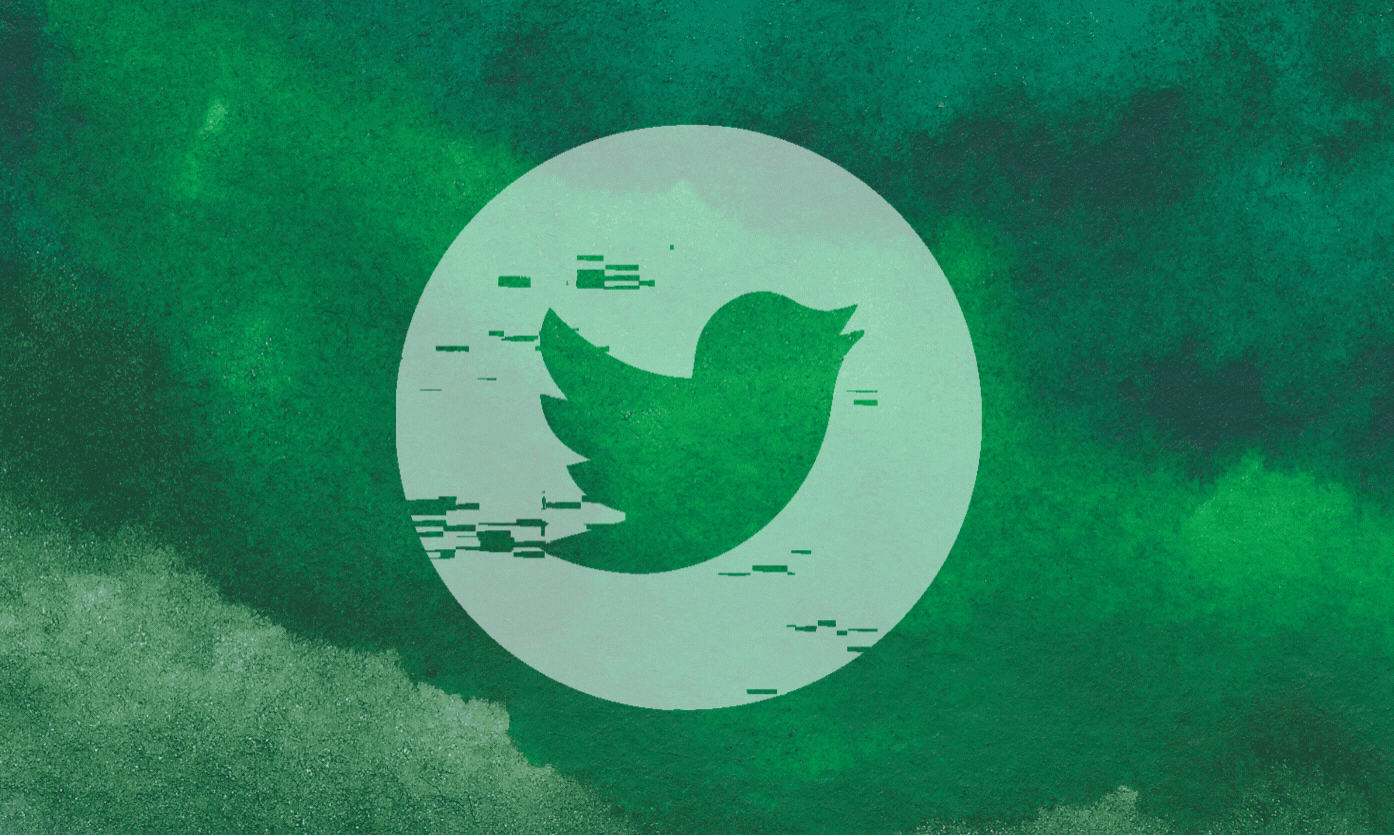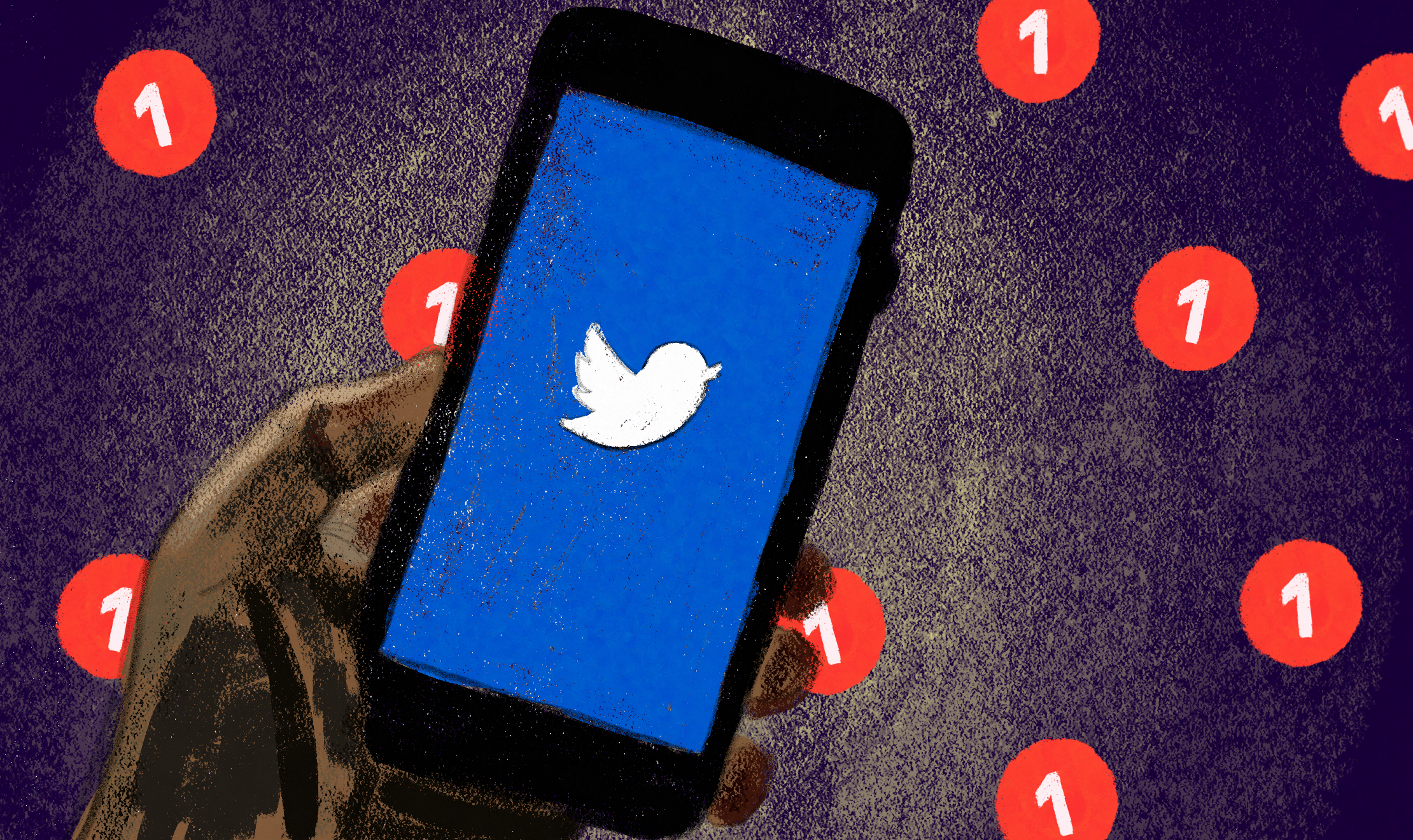
Why using a template to manage other people’s feelings is actually so fine
Rosel Jackson Stern
22 Nov 2019
Photography from Pexels
Setting boundaries with the people we love is both a difficult and yet a crucial task. In a world where mental health services are stripped back and therapy can be expensive, leaning on your friends for emotional support seems inevitable. But what happens when you’re stretched too thin and can’t provide a shoulder to lean on? Educator, writer and activist Melissa A. Febello caused Twitter to lose it’s collective mind when she published a text message template to offset emotional labour.
“Hey! I’m so glad that you reached out,” her suggested template response read. “I’m actually at capacity/helping someone else who’s in crisis/dealing with some personal stuff right now, and I don’t think I can hold appropriate space for you. Could we connect [later date or time] instead/Do you have someone else you could reach out to?”
Now, it’s an understatement to say that this was received badly. The tweet went viral and caused a storm of discourse expressing that this response had as much empathy as an automated out of office email. In true Twitter fashion, it took on a life of its own without much room for nuance. Posted in a longer thread about how it’s important to ask for consent before you request “emotional labour” from friends and family, the tweet was divisive, to say the least.
‘The outrage calling the template ‘sociopathic’ negates the very real use they have for neurodiverse and autistic people”
Coined by sociologist Arlie Hochschild in her book The Managed Heart, emotional labour originally referred to the management of one’s own emotions in certain professions. In an interview for The Atlantic, Arlie defines it as: “the work, for which you’re paid, which centrally involves trying to feel the right feeling for the job.” The expectation for flight attendants to smile even in stressful situations is a key example but can also include childcarers, bill collectors and service professionals.
In recent years, the term has been expanded to include contradictory meanings. It’s been applied to household to-do lists, gendered perfectionism and the management of other people’s feelings more broadly. Arlie points out that the term loses its original Marxist critique when, for example, white middle-class women use it to refer to how “difficult” it is to find someone to clean for them. The interviewer asks whether something like organising Christmas presents for your kids is emotional labour. Arlie replies something is wrong when we feel alienated or disenfranchised by tasks normally associated with acts of love like creating a magical experience for your children.
Reading the interview makes me think that how we feel about the request to act as emotional support determines whether it’s emotional labour or not. If the request is fueled by entitlement to the point where the recipient doesn’t feel like they can say no, then it becomes emotional labour. In the context of Melissa’s tweet, supporting your friend would only be considered emotional labour if you felt pressured or forced into it.
“The anger that this template has been met with makes me think that we live in a culture in which a refusal to centre someone else’s pain is offensive”
To read this tweet as merely an “emotional labour auto-reply” misses the point. It’s true that the word “template” feels like a neoliberal invention to manage work like CVs, cover letters and press packages. It makes it seem like an automated response to a vulnerable request. Perhaps this is why the tweet seems jarring and insensitive to some. Templates are there to be altered so, really, nobody is suggesting that Melissa’s words are to be taken at face value. The outrage calling the template “sociopathic” negates the very real use they have for neurodiverse and autistic people. By definition, you can make templates personable or context-specific. It goes without saying that sending a text like this is to be managed within reason and on a case by case basis. I can’t help but feel that the reason it’s so upsetting is not merely a matter of tone and language.
Showing up unconditionally for your loved ones is understood as a sign of dedication and love. The glorification of setting others’ needs before your own is one we’re intimately familiar with, particularly as women and women-aligned people of colour. If a friend is in need of professional help, then unqualified support can actually be more harmful.
Recently, I, too, was in a situation where I needed the support of my friends. I texted them expressing how I felt and asked whether they had time to chat over the phone. Some of them did and some of them didn’t. In the meantime, I channelled my feelings into exercise, diary entries and artwork (also, tears, lots of tears). Ultimately, other people’s realities are as stark and painful as our own meaning that they cannot always provide the support we need or desire. We’re all struggling with something and it’s because of this, you should retain the right to set boundaries around your mental health. Similarly, getting in touch with mutual friends who might be able to help is also an option to aid someone struggling.
The anger that this template has been met with makes me think that we live in a culture in which a refusal to centre someone else’s pain is offensive. Honouring self in relationships will actually help them in the long run, as nobody has the capacity to anticipate your needs or the responsibility to account for them. Sending messages using Melissa’s template, or similar, isn’t rejecting someone in crisis, but staying in touch with your own capacity through it. The reality is that everyone should be in the habit of asking for consent before they emotionally offload onto people, especially if the recipient is important to them. Equally, the ability to say no, even to those close to us, is the only way to honestly communicate our limitations.









